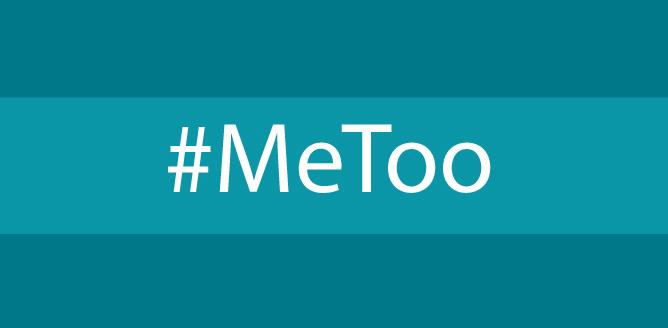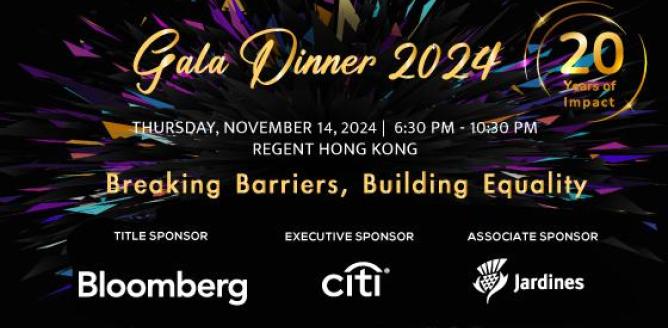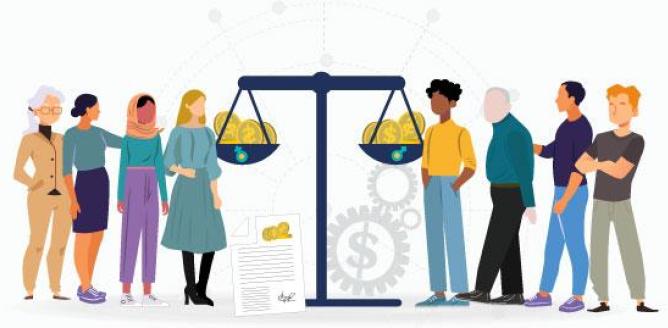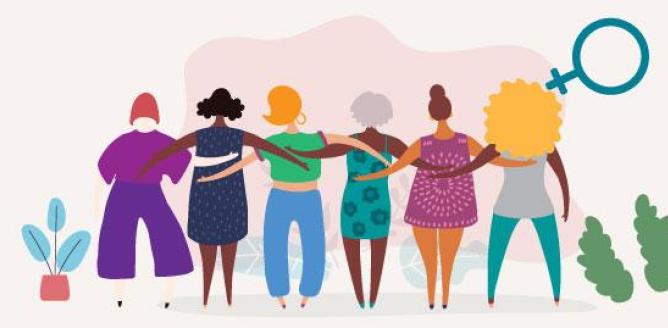What’s in the power of a hashtag?
Over the past week, the internet has been abuzz over the hashtag #MeToo – the use of which indicates a person has experienced some form of sexual harassment or assault. What initially began as a sympathetic and outraged response to the Harvey Weinstein scandal has blown up to international proportions. From France’s #BalanceTonPorc (#CallOutYourPig) and Spain’s #YoTambien (#MeAlso) to Egypt’s نا_كمان# (#MeToo) and Israel’s #גםאנחנו (#UsToo), the prolific use of this hashtag demonstrates this issue has struck a nerve globally.
Now tallying over 1 million, #MeToo has become a galvanising platform for women to discuss their experiences. Men have joined in the conversation – some with their own stories of being sexually harassed, others to stand in solidarity with women and others still to proactively look at #HowWillIChange. Beyond a simple awareness raising exercise, what has fortified this online movement has been the support from institutions, governing bodies and others that are in a position to impact widespread change. Here are three examples of the changes we have tracked:
Film Industry:
Harvey Weinstein has been stripped of his British Film Institute Fellowship, suspended from the British Academy of Film and Television Arts, and has had his Harvard Du Bois Award rescinded. But perhaps the most telling of these actions is his expulsion from the Academy of Motion Picture Arts and Sciences, a nearly unprecedented move that the Board hopes will “send a message that the era of willful ignorance and shameful complicity in sexually predatory behavior and workplace harassment in our industry is over.”
India:
The Kolkata police force in India issued a statement on Facebook and Twitter supporting the movement: “ We urge you to be strong, we want you to be very, very angry about the leering, jeering, threats, verbal and physical abuses, we are asking you to be not afraid and to report to the police every time. We also feel it important to talk to boys about the need to stop sexual harassment, and for this, we have recently launched a project, Dear Boys, in schools. We have visited ten schools of Kolkata, and the second part of Dear Boys will start mid- November.”
France:
The French government re-iterated its commitment toward looking at passing legislation for “on-the-spot fines” for sexual harassment. The Finnish Government pioneered this legislation early last year in response to an increasing number of sexual harassment claims.
However, for other women the #MeToo movement has led to debates on the implications of using the hashtag and of concerns with dispensing with personal privacy where raising a voice still holds risks.
Hong Kong has largely reported on the sexual harassment scandal in Hollywood but not on the #MeToo movement. At TWF, we think this is a critical oversight on a prevalent issue in our community. Our documentary, She Objects, explores the correlation between the Hong Kong media’s portrayal of women and damaging issues facing women and girls including sexual harassment. We know from Equal Opportunities Commission reports that sexual harassment is rife at work and at school and that there have been ongoing reports of sexual harassment in public spaces like the MTR. However, the #MeToo movement is not trending in social media locally. Why is this?
We continue to hope that we are witnessing a critical shift globally in attitudes towards sexual harassment but what are the implications for Hong Kong? Let us know your thoughts. Get in touch at Fiona.Nott@twfhk.org





















